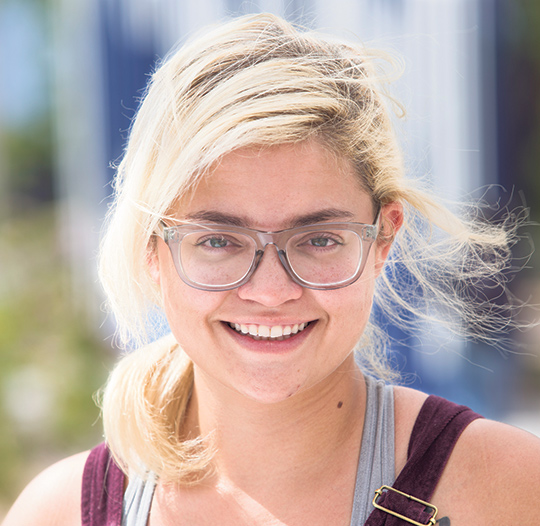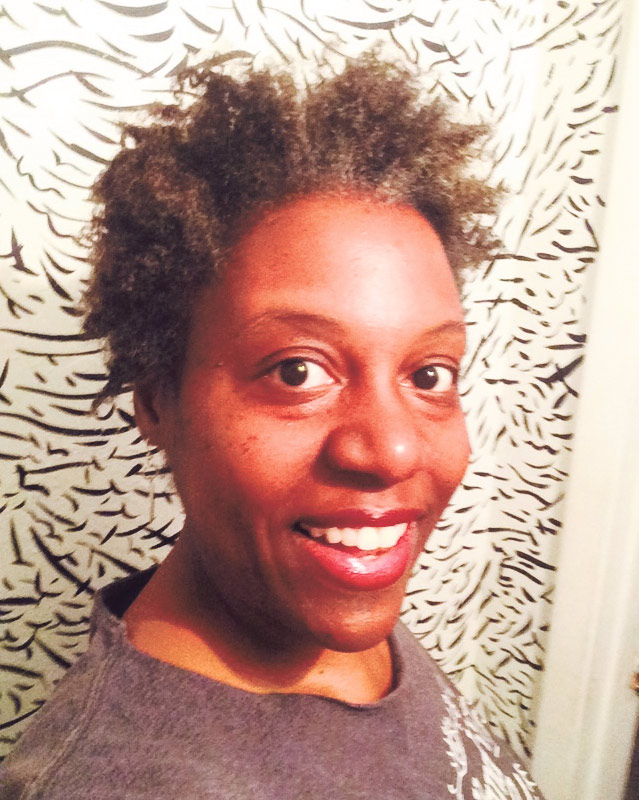Wonder Women: Marya Errin Jones And Tylina Hardy


Marya Errin Jones
Latest Article|September 3, 2020|Free
::Making Grown Men Cry Since 1992


Marya Errin Jones
